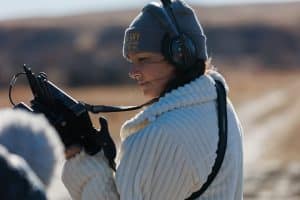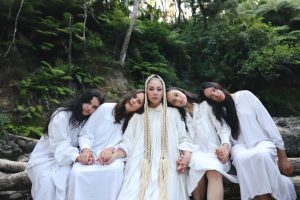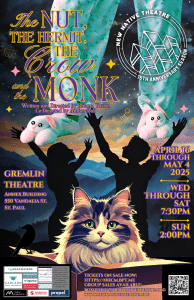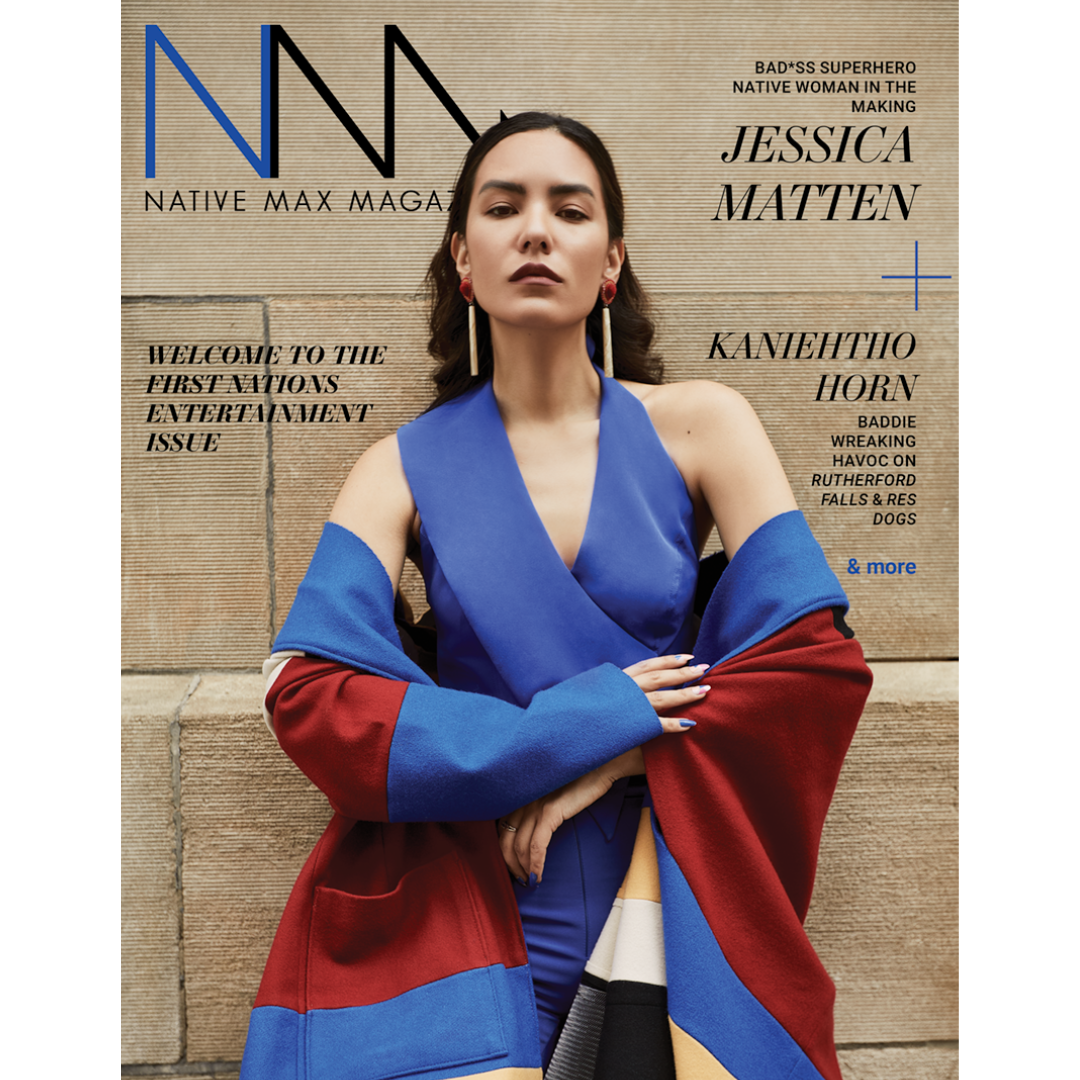Select a subscription plans
You need a subscription to access this content.
Herre’s your reminder to take the time (tomorrow and every day after) to learn from and listen to two-spirit and queer Indigenous voices. Here are 5 books, poems, and stories selected by Lea of Gwaandak Theatre you can read today by two-spirit and queer Indigenous authors.
1. Disintegrate/Dissociate by Arielle Twist

In her powerful debut collection of poetry, Arielle Twist unravels the complexities of human relationships after death and metamorphosis. In these spare yet powerful poems, she explores, with both rage and tenderness, the parameters of grief, trauma, displacement, and identity. Weaving together a past made murky by uncertainty and a present which exists in multitudes, Arielle Twist poetically navigates through what it means to be an Indigenous trans woman, discovering the possibilities of a hopeful future and a transcendent, beautiful path to regaining softness.
About the author: Arielle Twist is a writer and sex educator originally from George Gordon First Nation, Saskatchewan, Canada. Arielle is a Cree, Two-Spirit, trans femme supernova writing to reclaim and harness ancestral magic and memories.
Photo: Arsenal Pulp Press
2. NDN Coping Mechanisms: Notes from the Field by Billy-Ray Belcourt

In the follow-up to his Griffin Poetry Prize-winning collection, This Wound is a World, Billy-Ray Belcourt writes using the modes of accusation and interrogation. He aims an anthropological eye at the realities of everyday life to show how they house the violence that continues to reverberate from the long twentieth century. In a genre-bending constellation of poetry, photography, redaction, and poetics, Belcourt ultimately argues that if signifiers of Indigenous suffering are everywhere, so too is evidence of Indigenous peoples’ rogue possibility, their utopian drive.
About the author: Billy-Ray Belcourt is a writer and academic from the Driftpile Cree Nation.
Photo: House of Anansi Press
3. Fireweed by Tunchai Redvers

Fireweed is a collection of poetry that explores the rawness, trauma, and realities of adolescence compounded with the experience of being a young, Indigenous, and two-spirit intergenerational residential school survivor. Rooted in the symbolism and growth of fireweed, a flower native to the northwest of Canada, this collection takes readers through the hurt, healing, love, and spreading that encompassed the first twenty-three years of the author’s attempt to find the truth, safety, and connection. Grounded in the simplicity of words and the illustration of the north, this book is a powerful window into the process of finding oneself while reclaiming culture and identity.
About the author: Tunchai Redvers is a two-spirit writer of the Deninu K’ue First Nation.
Photo: Kegedonce Press

In her second collection of poetry, Passage, Gwen Benaway examines what it means to experience violence and speaks to the burden of survival. Traveling to Northern Ontario and across the Great Lakes, Passage is a poetic voyage through divorce, family violence, a legacy of colonization, and the affirmation of a new sexuality and gender. Striking and raw in sparse lines, the collection showcases a vital Two Spirited identity that transects borders of race, gender, and experience.
In Passage, the poet seeks to reconcile herself to the land, the history of her ancestors, and her separation from her partner and family by invoking the beauty and power of her ancestral waterways. Building on the legacy of other ground-breaking Indigenous poets like Gregory Scofield and Queer poets like Tim Dlugos, Benaway’s work is deeply personal and devastating in sharp, clear lines. Passage is a book burning with a beautiful intensity and reveals Benaway as one of the most powerful emerging poets writing in Indigenous poetics today.
About the author: A Two-Spirited Trans poet, Gwen Benaway is of Anishinaabe and Metis descent.
Photo: Kegedonce Press
5. Jonny Appleseed by Joshua Whitehead

Off the reserve and trying to find ways to live and love in the big city, Jonny becomes a cybersex worker who fetishizes himself in order to make a living. Self-ordained as an NDN glitter princess, Jonny has one week before he must return to the “rez”–and his former life–to attend the funeral of his stepfather. The seven days that follow are like a fevered dream: stories of love, trauma, sex, kinship, ambition, and the heartbreaking recollection of his beloved kokum (grandmother). Jonny’s life is a series of breakages, appendages, and linkages–and as he goes through the motions of preparing to return home, he learns how to put together the pieces of his life. Jonny Appleseed is a unique, shattering vision of First Nations life, full of grit, glitter, and dreams.
About the author: Joshua Whitehead is an Oji-Cree/nehiyaw, Two-Spirit/Indigiqueer member of Peguis First Nation (Treaty 1).
Photo: Arsenal Pulp Press
About the Gwaandak Theatre: Gwaandak Theatre, the Yukon’s only Indigenous-centered theatre company, was founded in Whitehorse in 1999 by theatre artists Leonard Linklater and Patti Flather. Gwaandak Theatre’s vision is to illuminate Indigenous and Northern stories around the world.
Gwaandak Theatre develops, produces and tours plays for both youth and adults. Their programming also includes new play workshops, readings, and training for theatre artists.
This list of books written by Two-Spirit/Indigiqueer authors was curated for Gwandaak Theater by Léa Roy-Bernatchez, who is the Artistic Producer for Gwandaak Theatre. Léa is a movement artist, stage manager, and producer who was born and grew up in Gaspésie, on unceded Mi’kmaq territory. She identifies as a white Queer woman who also acknowledges her mixed French, Basque, and Mi’kmaq ancestry. She has been involved with Gwaandak Theatre since 2015 as a production stage manager, assistant producer, and performer–and since July 2019 as Artistic Producer.











